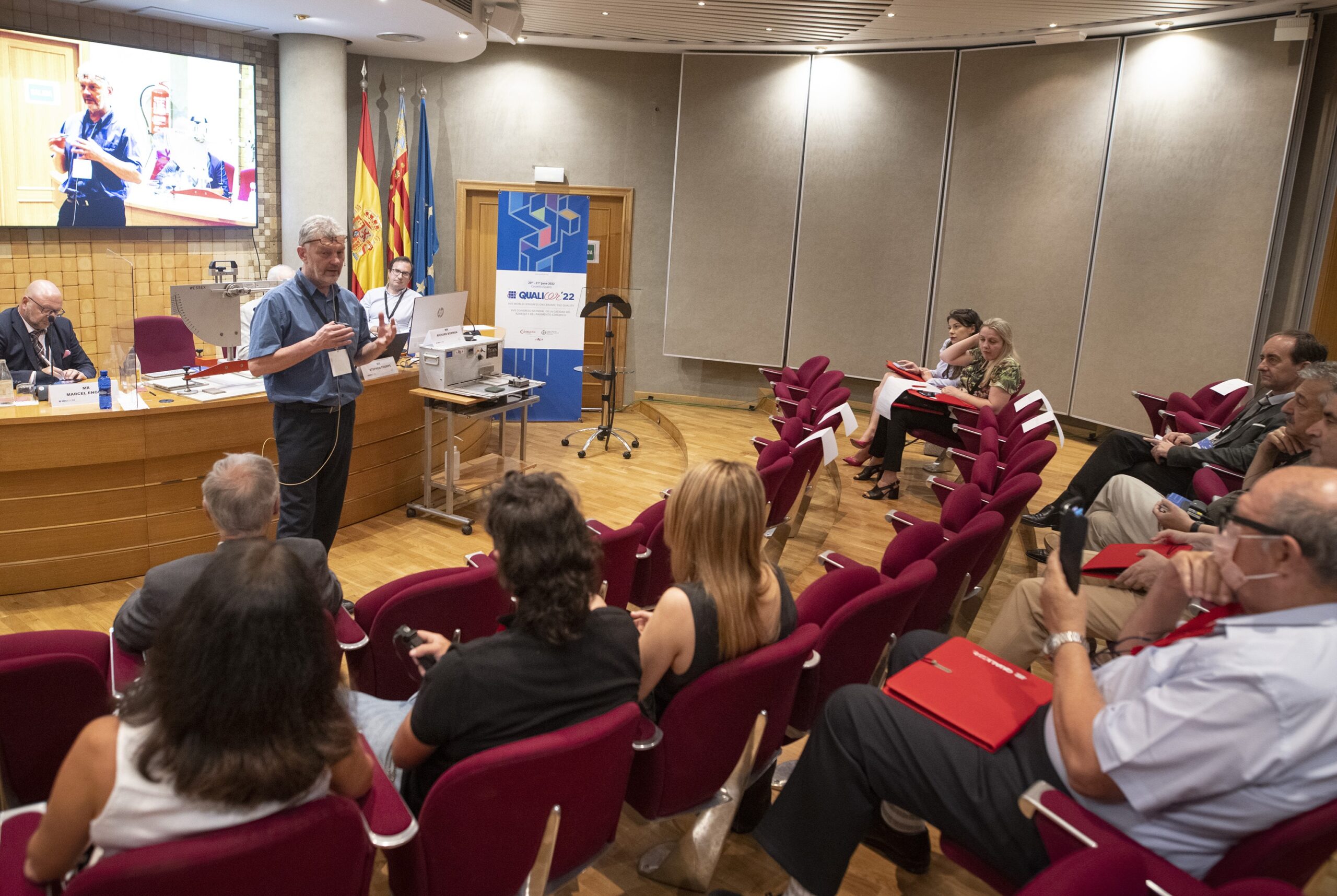Using new procedures to generate superior pendulum slip data to help minimise slip-induced injuries. Latest UKSRG and SRSG unpublished research developments
Flash session

Slip resistance, an essential characteristic for floor tiles, is a factor in determining service life and will become increasingly important in sustainability evaluations. Tribocorrosion, the wear that commonly occurs in mild chemical conditions, has been overlooked as a performance characteristic. It is a disruptive concept that should cause productive transformation of the tile standards, as well as enabling improved tile performance and bespoke tiling specifications.
These developments will be openly discussed, but particularly with the authors of the accepted slip resistance papers and other experts who will make brief flash presentations. These will concern incremental refinements to the pendulum test method, particularly with regard to preparation of Slider 57, as well as a consideration of the steadily improving repeatability and reliability of pendulum testing due to such refinements, proficiency testing programs, and laboratory accreditation schemes. This will include a summary of recent Spanish proficiency testing where 87 laboratories participated. A novel accelerated wear conditioning system will also be receiving its global premiere.
Qualicer 2022 featured a slip resistance flash session, a master class for executives who wanted to meet consumer expectations of sustainable slip resistance and long-lasting aesthetics with easy maintenance. Practical demonstrations enabled delegates to appreciate the simplicity of using accelerated wear conditioning and pendulum testing to predict the possible slip resistance life cycle performance. After years of turmoil to develop EN 16165, which unified the European pendulum test methods, use of the pendulum has become more popular in the USA. However, Indian manufacturers must now use IS 18433-1 (2023). This standard, based on the ASTM E303 pendulum skid resistance test, yields worryingly higher values than EN 16165. This divergence is one of the slip resistance threats to the global tile industry.

Richard Bowman, a ceramic engineer, has been the Principal of Intertile Research, a tiling system and slip resistance consultancy since 2005. He was previously a Principal Research Scientist at CSIRO, Australia’s premier governmental R&D organisation. Richard has led the Australian delegation to ISO/TC 189, Ceramic Tiles since 1986, and has served extensively on several other SA, BSI, CEN, ASTM and ISO committees that principally relate to ceramic tiles and slip resistance. He chaired the International Ergonomics Technical Committee on Slips, Trips and Falls from 2015 to 2021, and has since led a similar special interest group for the Human Factors and Ergonomics Society of Australia. He is President of the Australian Ceramic Society and a past President of the International Ceramic Federation. Richard has participated in every edition of Qualicer and is pleased to have curated this flash session in his continuing quest to improve pedestrian safety, while positively addressing the public notion that ceramic tiles are slippery.

Stephen C. Thorpe. Practising Health and Safety Consultant specialising in slips, trips and falls and stair falls, 28 years’ experience working for the Health and Safety Laboratory (an agency of the Health and Safety Executive) including 16 years’ experience working on slips trips and falls as a Principal Scientist and Technical Lead. A further 9 years of consultancy experience, including preparing CPR compliant reports, expert witness work and giving expert evidence in Court. I have extensive experience of practical site-based work across a wide and diverse range of sectors. I am the Chair of the UK Slip Resistance Group and a member of the UK (BSI) and European (CEN, Head of Delegation) committees developing slip resistance test methods.

